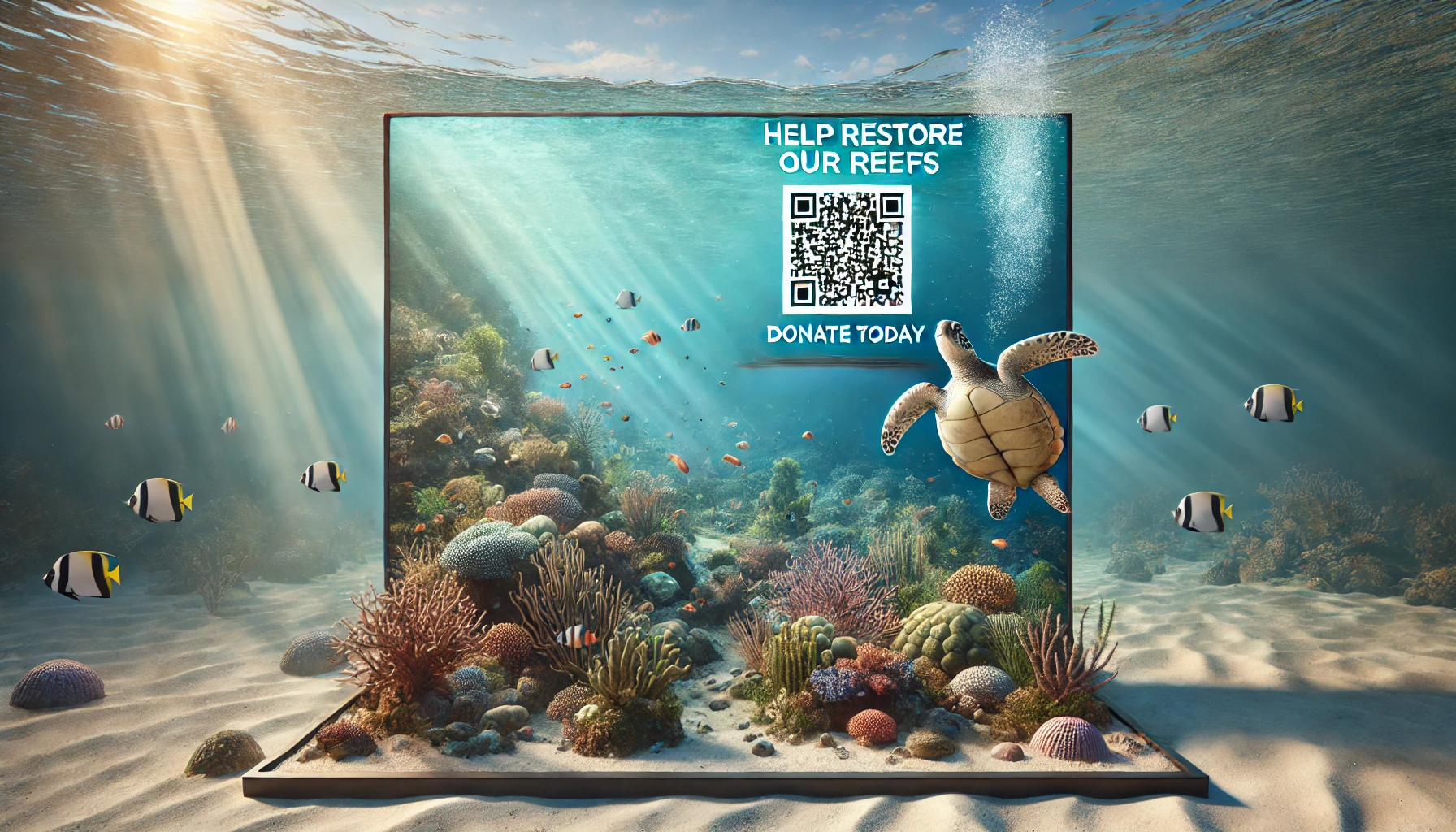FAQs
1. What is the Coral Reef Hub?
The Coral Reef Hub is an international platform dedicated to the conservation, research, and sustainable management of coral reefs, specifically focusing on the rich and diverse coral reef ecosystems found along the coast of Tanzania, East Africa. The hub connects scientists, conservationists, policymakers, and the local community to work together on preserving these vital marine ecosystems.
2. Why are coral reefs important?
Coral reefs are crucial to both the marine ecosystem and human well-being. They support a wide variety of marine species, provide food, income, and livelihood opportunities for millions of people, and protect coastlines from erosion and storm damage. Coral reefs also contribute to the global carbon cycle by absorbing carbon dioxide, helping to mitigate climate change.
3. How can I get involved in coral reef conservation efforts in Tanzania?
There are several ways you can contribute to coral reef conservation:
-
Volunteer with local conservation projects and marine research teams.
-
Donate to support coral reef restoration and protection initiatives.
-
Spread awareness by educating others on the importance of coral reefs and sustainable marine practices.
-
Participate in eco-tourism and choose reef-friendly activities that promote conservation.
-
Support local businesses that engage in sustainable practices and coral reef protection.
4. Where are Tanzania’s coral reefs located?
Tanzania’s coral reefs are located along its coast like Tanga, Dar Es Salaam and Mtwara including the Zanzibar Archipelago, Pemba Island and the Mafia Archipelago. These regions host some of the most diverse and ecologically significant coral reef ecosystems in the world.
5. What threats are facing coral reefs in Tanzania?
Coral reefs in Tanzania face several threats, including:
-
Climate change causing ocean acidification and coral bleaching.
-
Overfishing and destructive fishing practices such as blast fishing.
-
Pollution, including plastic waste and agricultural runoff.
-
Coastal development, which leads to habitat destruction and increased sedimentation.
-
Tourism that is not environmentally sustainable.
6. What research is being conducted on coral reefs in Tanzania?
Ongoing research focuses on understanding coral reef ecosystems, their biodiversity and how they can be protected and restored. Studies explore coral health, the impacts of climate change, the effectiveness of marine protected areas, and ways to engage local communities in conservation efforts. The Coral Reef Hub collaborates with local and international researchers to gather data and share findings globally.
7. What is coral bleaching and why is it a problem?
Coral bleaching occurs when coral polyps expel the algae living within them, often due to stress from warmer water temperatures, pollution, or other environmental factors. This leaves the coral looking white (bleached) and weakens their ability to survive. Coral bleaching can lead to the death of the coral if conditions do not improve.
8. Can coral reefs recover from damage?
Coral reefs have some capacity for recovery, especially if the underlying causes of damage, such as pollution or overfishing, are addressed. However, recovery can take decades, and the success of restoration efforts depends on the severity of the damage and the ongoing health of the reef.
9. What is the role of local communities in coral reef conservation?
Local communities play a critical role in coral reef conservation. Many coastal communities in Tanzania rely on the health of coral reefs for their livelihoods, through fishing, tourism, and natural resources. By promoting sustainable practices and involving communities in conservation efforts, we can ensure that coral reefs are protected for future generations.
10. How can I support sustainable tourism in Tanzania’s coral reef areas?
To support sustainable tourism:
-
Choose tour operators that follow environmentally responsible practices.
-
Avoid touching or disturbing coral reefs while snorkeling or diving.
-
Use reef-safe sunscreen that doesn’t harm marine life.
-
Support local businesses that engage in sustainable practices.
-
Respect local wildlife and the natural environment.
11. Is there a way to track the health of coral reefs in Tanzania?
Yes, several monitoring programs track coral reef health in Tanzania. These programs collect data on coral cover, fish populations, water quality, and other key indicators. The Coral Reef Hub collaborates with these initiatives and provides updates and reports on the health of Tanzania’s coral reefs.
12. What educational resources are available for schools and communities?
The Coral Reef Hub provides a range of educational materials, including:
-
Workshops and seminars for schools and local communities.
-
Educational booklets, posters, and videos about coral reef ecosystems and conservation.
-
Opportunities for hands-on learning, such as field trips and volunteer programs. We encourage schools, universities, and community groups to reach out for tailored programs.
13. How does the Coral Reef Hub collaborate with international organizations?
The Coral Reef Hub works in partnership with a range of international conservation organizations, universities, and governmental agencies. These collaborations facilitate knowledge exchange, joint research projects, and global advocacy efforts to protect coral reefs worldwide.
14. How can I donate to support coral reef conservation in Tanzania?
Donations can be made directly through our website. Your contribution helps fund coral reef restoration, research, education, and community outreach programs. Every donation goes directly to preserving these critical ecosystems and supporting local communities.
15. Who can I contact for more information?
For further information, please reach out to our team via the “Contact Us” page on the website. We are happy to answer any questions or provide additional resources on coral reef conservation efforts in Tanzania.
